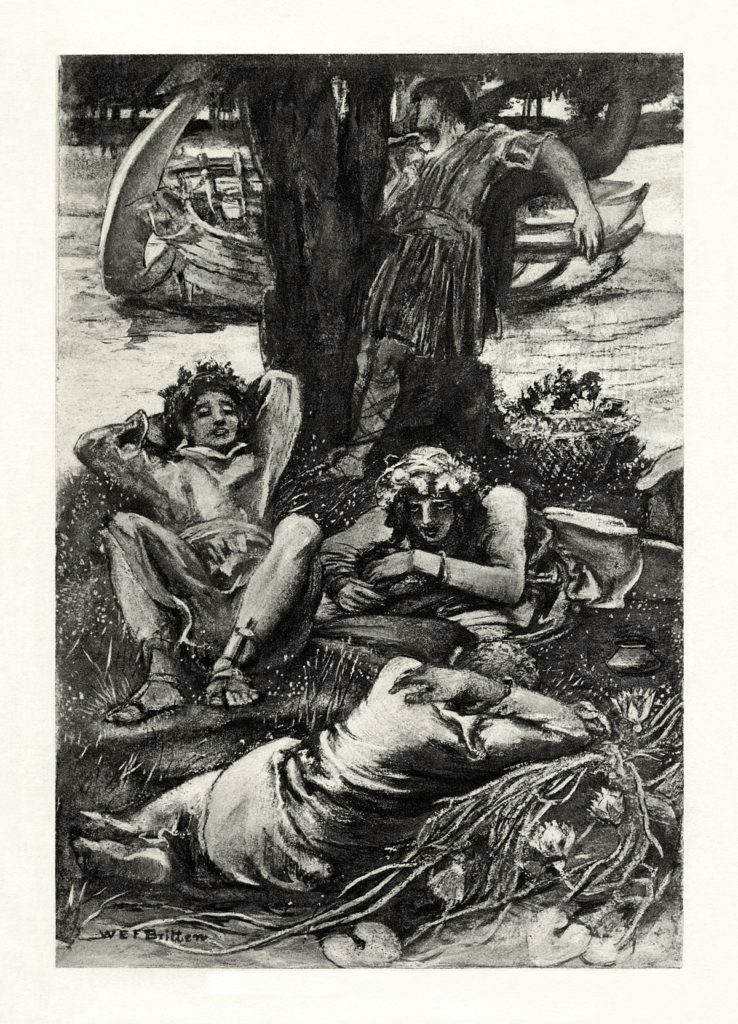I’ve been neglecting this blog for the past few days.
Naturally, I have plenty of excuses: a miserable bout of spring allergies, a busy Easter weekend, new clients to sort out … My creativity really shines when it comes to thinking up excuses. Unfortunately, as a teacher once pointed out to me many years ago (Mr Lambert, 7th grade), if you have to come up with more than one reason for failing to do what you’ve committed to do, then obviously none of your reasons is good enough.

Overcompensate much?
The break in continuity is a problem not so much because I believe that I have a crowd of fans out there who are devastated when I don’t perform on schedule — I’m not Lady Gaga cancelling a tour after the tickets have been sold — but out of respect for the project itself. If it’s worth doing, it’s worth doing well, and doing consistently. (I believe I owe that one to Miss Linda Smith, 10th grade English and Journalism.)
More importantly, I’m afraid that if I cut myself a break today because I’m sweating out a Benedryl hangover, tomorrow there will be some other excuse, and another the day after that. I’m going to be 54 years old in a couple of weeks, and excuses are not hard to find.
I’m a slave driver, with only one slave, and I don’t trust him — me — as far as I can spit.
We Americans are not good with leisure time. According to a survey conducted last summer by office equipment and services provider Regus, 66 percent of American white-collar workers handle business email during their time off; 29 percent expect to attend meetings by phone or computer while on vacation. (Try to find a hotel in the continental US or at any major resort catering to Americans that doesn’t offer WiFi at poolside.) For all that, however, our productivity has been decreasing in recent years as our free time disappears. Could there be a connection?
English novelist Christopher Isherwood once speculated that human beings could all be divided into categories of “truly weak” and “truly strong”: weak individuals had to prove themselves over and over again; they were overachievers, because they always felt the need to compensate for some innate lack. Ernest Hemingway, Winston Churchill, and T.E. Lawrence — Lawrence of Arabia — were some of his examples of the “truly weak man”. The strong individual, on the other hand, had nothing to prove, nothing to accomplish; by definition there were no famous strong men or women, because a strong person had no need for fame, no need to achieve great things. The “truly strong man” was strong enough to be anonymous, to relax, to be comfortable with who he was.
I find Isherwood’s theory very convincing. I’ve known both kinds of people, and I’ve often envied the ones who were content to do only as much as they needed to do to be comfortable — no striving for promotions, for visibility, for reputation…
Which, however, makes me think of another literary concept, from Homer’s Odyssey: the Lotus-eaters, a race of people who spent all their time lounging around in perfect contentment, no worries, expending only as much effort as was absolutely necessary for survival. It was Eden; it was Margaritaville.
I have been self-employed for some years now, and I probably work harder today than I have in decades. At the same time, I’m doing more reading — serious reading — than I have since college; I’m working on my photography, on remembering long-lost skills like drawing and painting and gardening. Am I the “truly weak man”, laboring to prove myself? In a way, I hope so. I would be miserable in Margaritaville.
When a baby giraffe is born, all the skills it will need for survival are hard-wired into its brain. Within a week or two of birth it knows pretty much everything it will ever know. Life is a puzzle with the all the pieces clearly numbered. On the other hand, move a giraffe out of the plains it was evolved for and into the jungle, and it’ll be dead in days: it just can’t figure out the new rules. We, as primates, are different: we’re born with a drive to learn as many different things, to accumulate as large a library of skills and experience, as possible, so that we can adapt to changing circumstances and succeed no matter what the world is like. What’s more, we keep that ability to learn throughout our lives. We never have to let ourselves get left behind, isolated, by a world that refuses to stop once our store of experience has been exhausted, because we’re always replenishing the supply with new knowledge and new experience.
As we get older, learning becomes a bit more difficult — difficult, but not impossible. Tasks require more discipline than they did when we were young and everything was easy and we didn’t need reading glasses or special shoes, but that’s the advantage of being human: as the rules change, the conditions change, we change with them. We learn, we push, we go forward. Sometimes we have to drive ourselves, but we can learn how to do that, too.
So, no more excuses. I’ve got all sorts of incredibly useful and important things to say — well, they seem that way to me, anyway — and y’all aren’t getting any younger.
* * *

